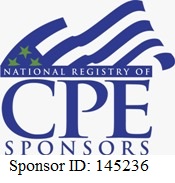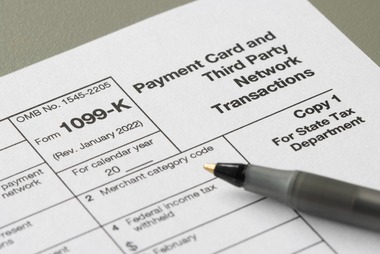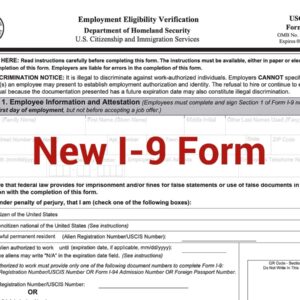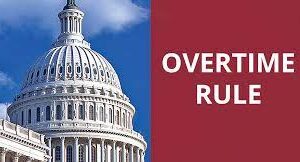Description
Form 1099-K is used to report certain payment transactions including payments by payment cards (credit, debit, or stored value cards) and payments in settlement of third party network transactions or through third party settlement organizations. Such organizations, for example, include PayPal, Uber, Venmo, and Air B&B.
According to the IRS, Form 1099-K reports the gross amount of all reportable transactions processed by a reporting entity, such as a payment card processor or third-party network. However, some third parties may also report non-reportable transactions, such as splitting the check for a non-business meal in a restaurant.
This webinar will cover the latest updates for Form 1099-K including the change in the reporting threshold for 2022 Forms filed in 2023. It will discuss issuers, recipients, reportable transactions, and provide examples of how amounts should be reconciled and reported on recipient tax returns.
Why should you attend?
The threshold for reporting transactions reportable on Form 1099-K to payees has been reduced for third party settlement organizations from $20,000 and 200 transactions to $600 dollars. Many small businesses and non-business selling goods and services will be receiving these forms. Because some transactions are not taxable or there may be duplicate reporting, it is important for recipients and their tax professionals know how to reconcile and report amounts included on 1099-K to achieve a compliant tax return, avoid paying tax on nontaxable items and avoid unnecessary correspondence from the IRS.
After this webinar you will:
- Understand the purpose of Form 1099-K and what it reports.
- Know how to report amounts reported on Form 1099-K on the income tax return.
- Know what to do if non-taxable amounts are reported on Form 1099-K.
- Know what to do if a payment is reported on more than one 1099.
- Know which payments are not reportable on Form 1099-K
- Learn how payment card reporting differs from third party settlement organization reporting
- Understand that fees and certain other deductions are included in reported payments
Areas Covered:
- Issuers of Form 1099-K
- Recipients of Form 1099-K
- A walk through Form 1099-K
- Transactions reportable on Form 1099-K
- Reconciliation of 1099-K amounts with income.
- Sample income tax reporting of various transactions.
- The importance of good business records.
- 1099-K vs. other information returns (1099-MISC, 1099-NEC, etc.)
- Backup withholding issues
Who should attend?
- Sellers of goods and services
- Gig workers & rental owners
- Non-business sellers of personal property
- Recipients of payments from third party settlement organizations
- Recipients of payment card payments
- Accountants and bookkeepers
- Accounts payable and accounts receivable personnel
- Tax preparers
- Public accountants, CPAs and Enrolled Agents
This program has been approved for 2 CPE credits under NASBA.



 Patrick Haggerty
Patrick Haggerty This program has been approved for 2 CPE credits under NASBA. CPE Credits will be offered only for Live attendance of the webinar.
This program has been approved for 2 CPE credits under NASBA. CPE Credits will be offered only for Live attendance of the webinar.


